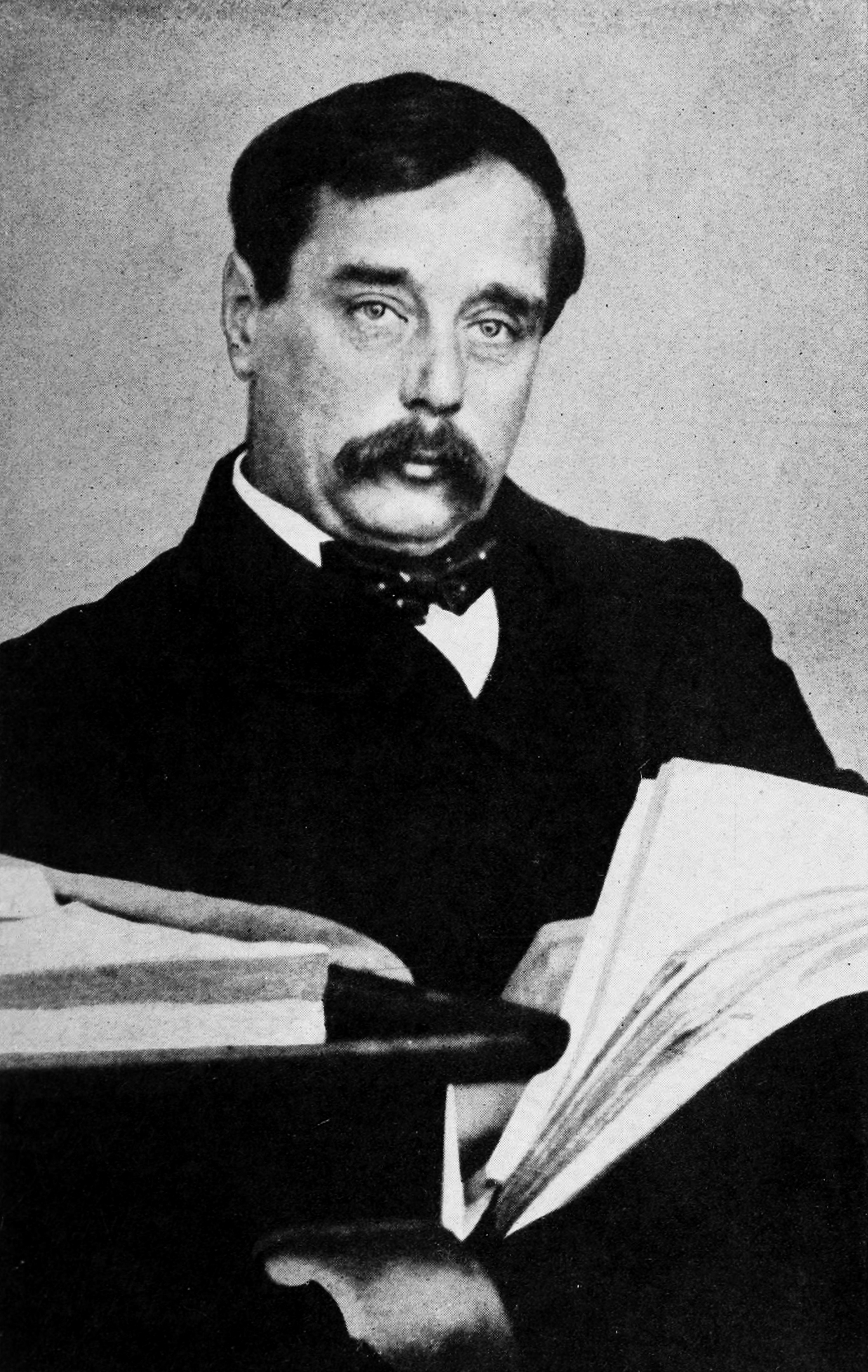“The Lost Inheritance” is a short story by the English author H. G. Wells (1866–1946), first published in about 1896 and subsequently reprinted in The Plattner Story and OthersCollection of 17 short stories by H. G. Wells, first published in 1897. (1897).[1] Told as a first-person narrative by an unidentified narrator, it tells of a will left by a rich uncle that is not found until years after his death, by which time the uncle’s fortune has been squandered.
Synopsis
The narrator is in conversation with a rather shabbily dressed man with a glass eye, who claims to have been left a legacy of £100,000. Seeing the narrator’s evident doubt, the man begins to explain.
The man’s uncle had been a librarian in a polytechnic, and at the age of thirty-seven had received an inheritance from a maternal uncle, sufficient for him to devote himself to his ambition of writing “edifying literature”. The narrator’s mother was the uncle’s only living relative, apart from some second cousins, and the unnamed man was his mother’s only son. The second cousins also had a son, a spoilt child who bawled the first time he laid eyes on the man’s uncle and never visited again. But the man’s mother, with her eye on an inheritance, took him to see his uncle once or twice every week when he was a youngster, and he continued to visit until his uncle’s death.
The uncle was not a talented or successful writer, who “blethered about Truth and Righteousness, and the Spirit of History, and all that”. He published many books, all at his own expense, and gave copies to the man. On the man’s last visit, as his uncle lay gravely ill, he handed over a copy of the last book he would write, saying that he had left all his property to the man.
On the man’s final visit, his sick uncle asks if he has read the book. “Sat up all night reading it”, lies the man, shortly after which the uncle dies. After the funeral, the man and his mother try to find the will, but with no success. The housekeeper and the gardener confirm the existence of a will, as they had witnessed it, but have no idea of its whereabouts. Finally a lawyer from Reigate arrives with a will made a year earlier during a row with the man’s mother, leaving all the uncle’s property to the son of his second cousins, “a chap who’d never had to stand his talking, not for one afternoon of his life.” Upon reaching the age of twenty-one the young man begins to squander his inheritance on gambling and drink, and by the age of thirty he has spent it all and ended up in Holloway Prison.[a]At the time the story was written, Holloway was a mixed-sex prison. It became a female-only prison in 1902.[2]
The man has meanwhile fallen on hard times, as the only trade he knows is “legacy-cadging”. While looking around his lodging for something to sell, the sight of the books his uncle had given him – “no one will buy them, even to wrap butter in” – stirs him to a fury, and he lashes out at the pile with his boot. A piece of paper flutters from one of the volumes, the last one his uncle had given him. It is the missing will.
See also
- H. G. Wells bibliographyList of publications written by H. G. Wells during the more than fifty years of his literary career.
Notes
| a | At the time the story was written, Holloway was a mixed-sex prison. It became a female-only prison in 1902.[2] |
|---|
References
Bibliography
External links
- Full text of “The Lost Inheritance” at Project Gutenberg

